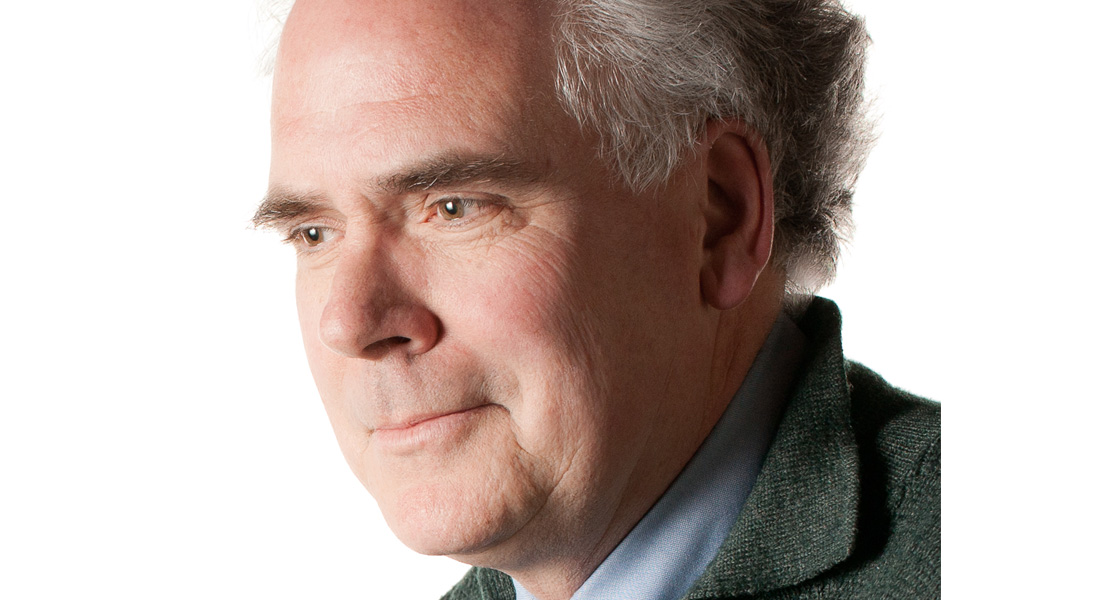Toward a New Common Sense: Proposal for the Creation of a Multisensory Collaboratory for the Enhancement of Individual and Collective Well-Being

Guest lecture by David Howes (Concordia University & McGill University, Montreal).
Abstract
The World Health Organization defines health as “a state of complete physical, mental and social well-being and not merely the absence of disease or infirmity”. There are two main problems with the WHO definition. First, we question the idea of health being a state – rather, it is a balancing act (as many Asian medical traditions insist): it is never complete, always fluctuating. Second, we regard the WHO definition as lacking sense. We propose that the quest for sensory well-being has an equally vital role in creating conditions for all beings (s) to flourish.
Hence, this talk proposes the establishment of a ‘Multisensory Collaboratory’ or forum for investigating the interdependency of bio- and bio-climatic diversity, social and cultural diversity, sensory diversity (including ‘disability’) and neurodiversity. I propose that we call on designers to ‘come to their senses’ and create ‘sensory-friendly zones’ for multiple publics and species, as the sine qua non for forging a new consensus (literally, ‘with the senses’) concerning the instatement of lasting (‘green’ or sustainable) ecological, multicultural and multispecies environments.
This transformative perception is a necessary paradigm shift in the era of anthropogenic climate, heightened social divisiveness, digital distraction, and the commons' poverty.
Bio
David Howes is a Distinguished Research Professor in the Department of Sociology and Anthropology at Concordia University and an Adjunct Professor in the Faculty of Law at McGill University, Montreal. He is also Co-Director of the Concordia Centre for Sensory Studies. Howes is a legal anthropologist, a pioneer of the anthropology of the senses and a leading theorist in the interdisciplinary field of sensory studies. He is currently directing a project called ‘Explorations in Sensory Design’. Recent books include The Sensory Studies Manifesto (2022), Sensorial Investigations (2023) and Sensorium (2024).
Map of South Campus
View directions.
View on map of the Faculty of Humanities - South Campus.
View map of South Campus (pdf).
